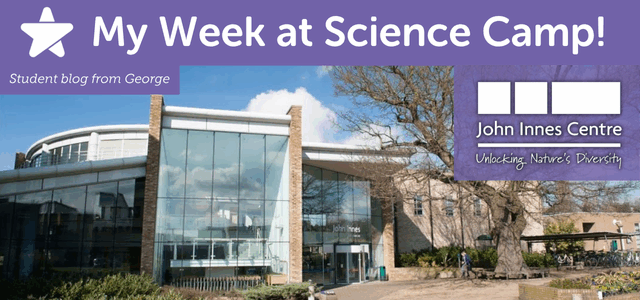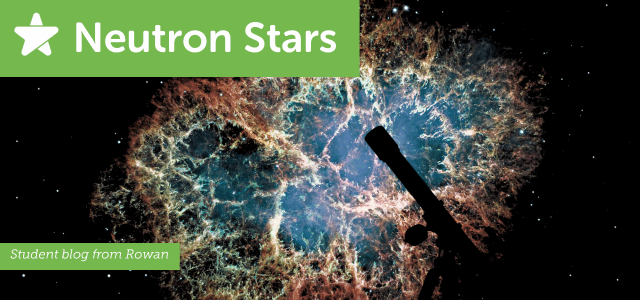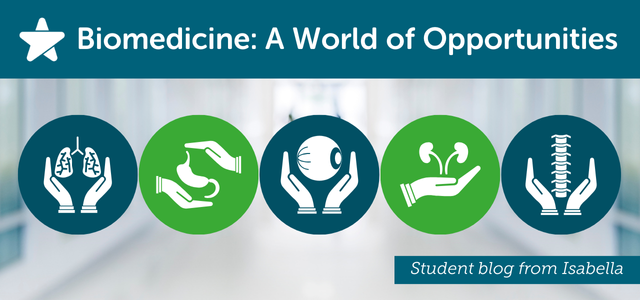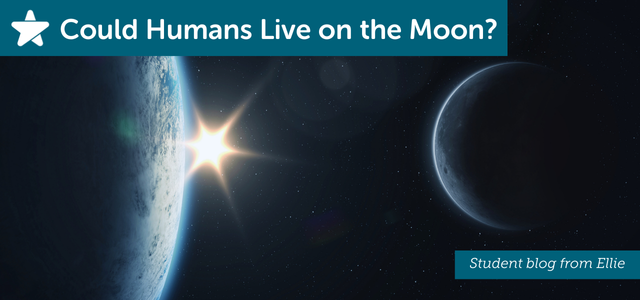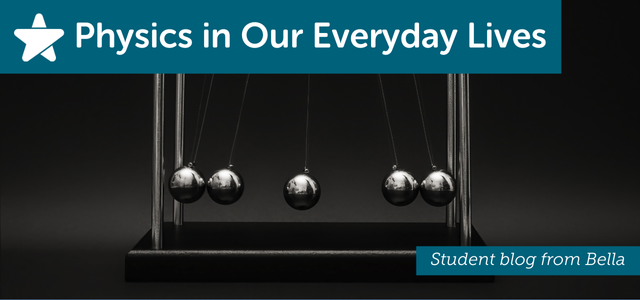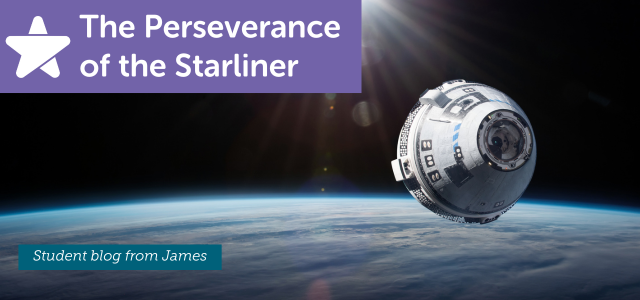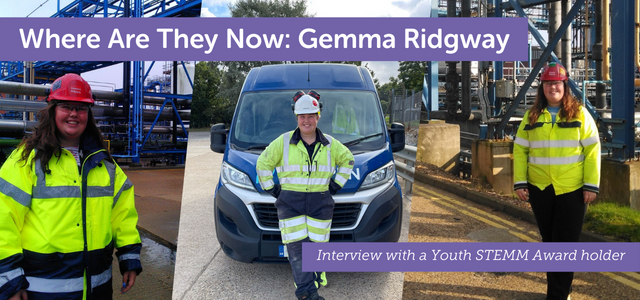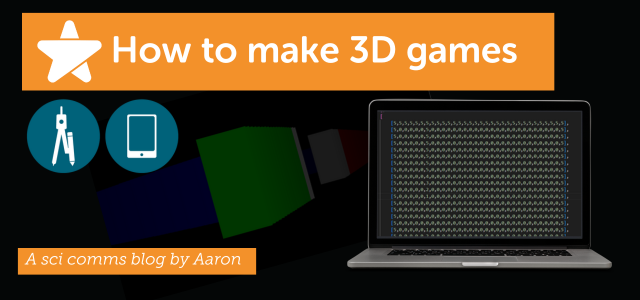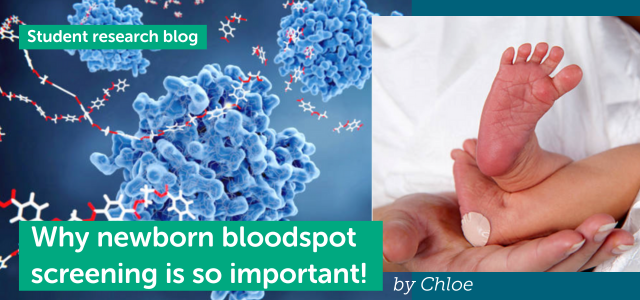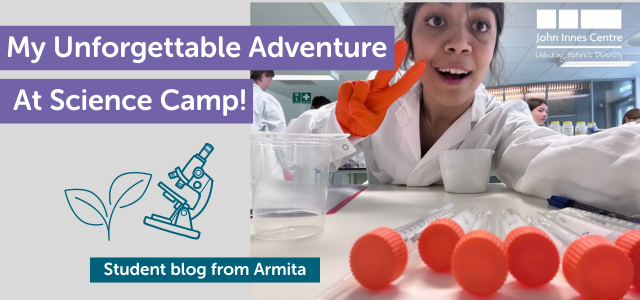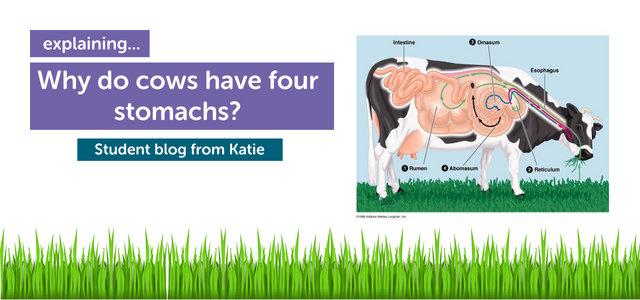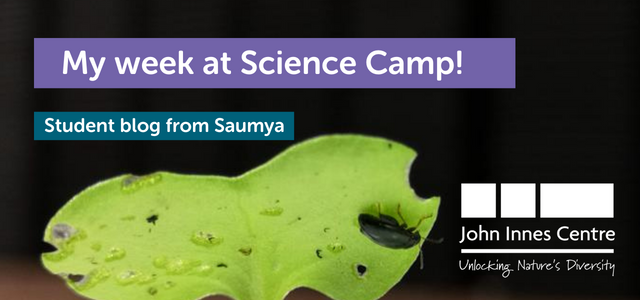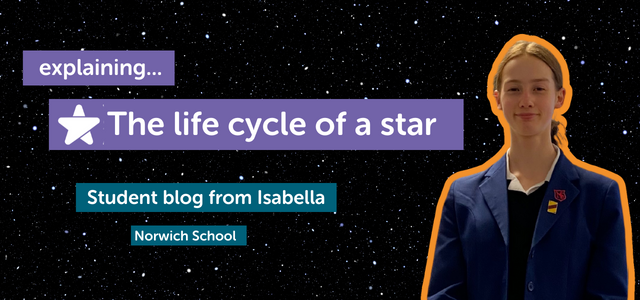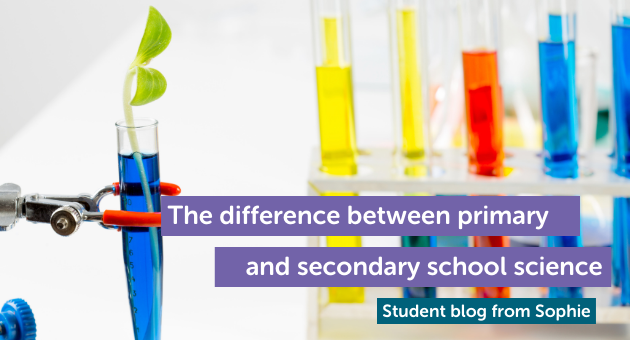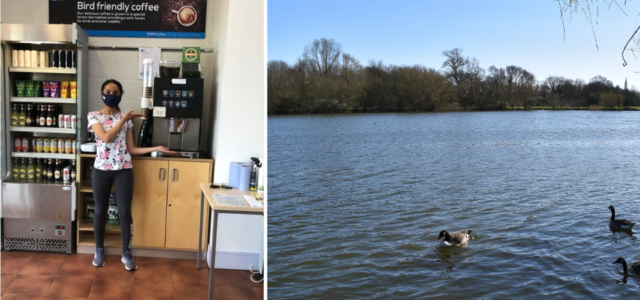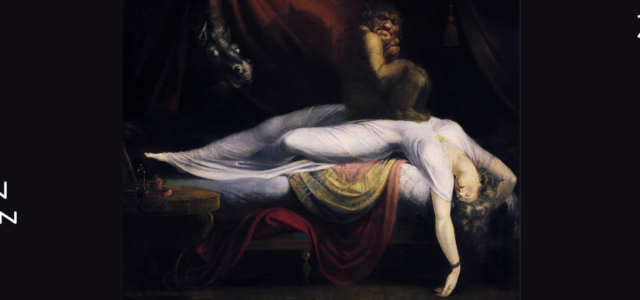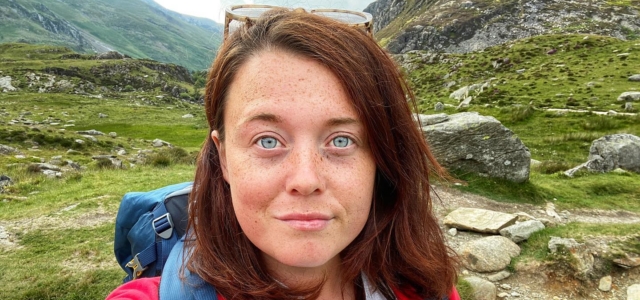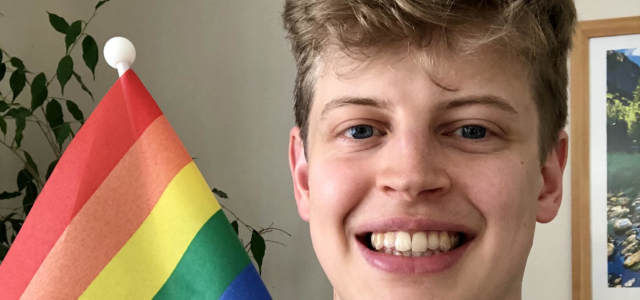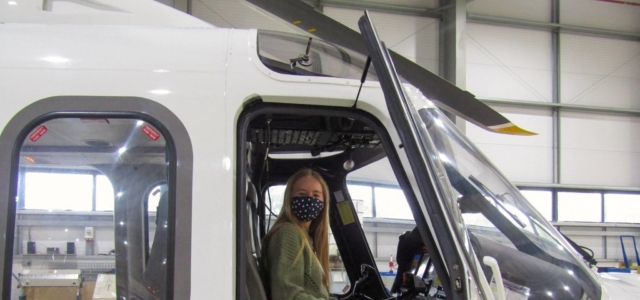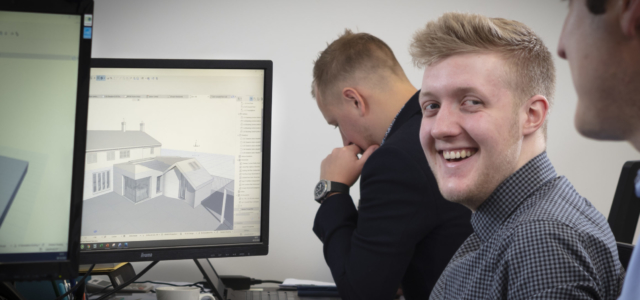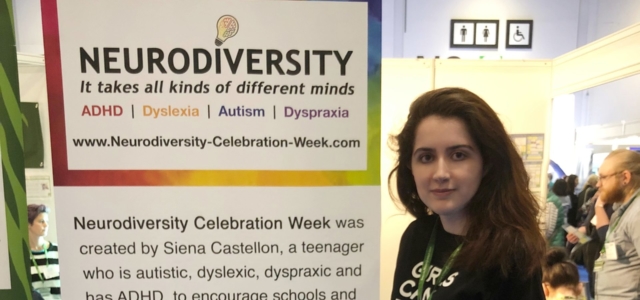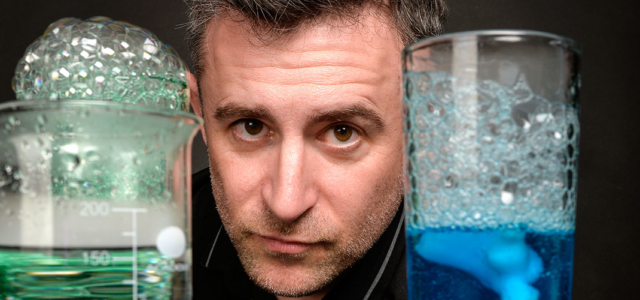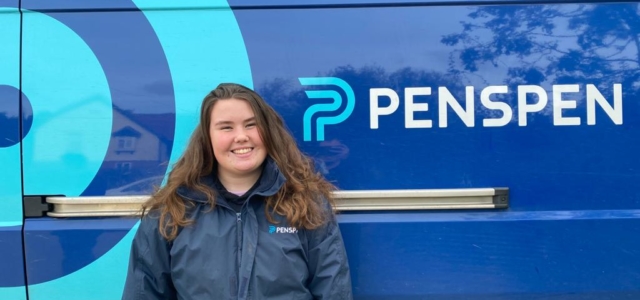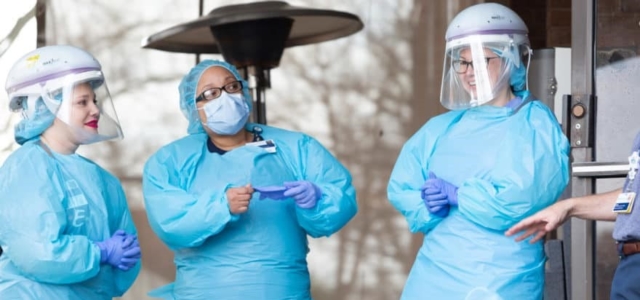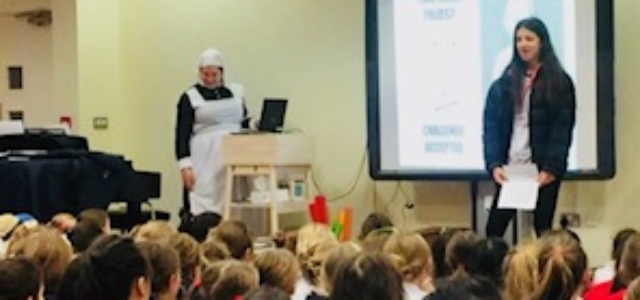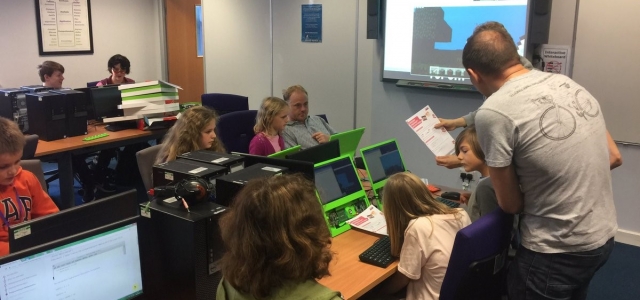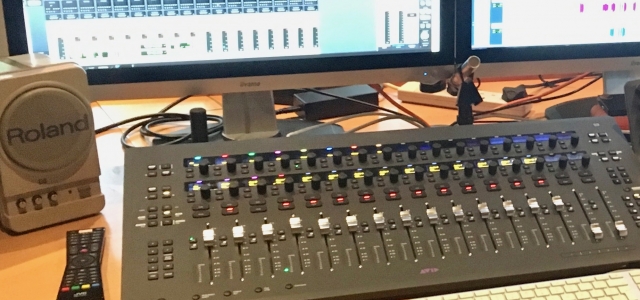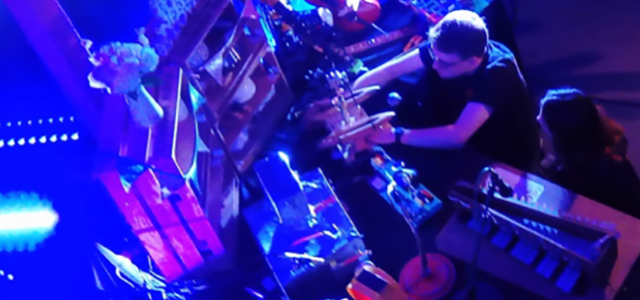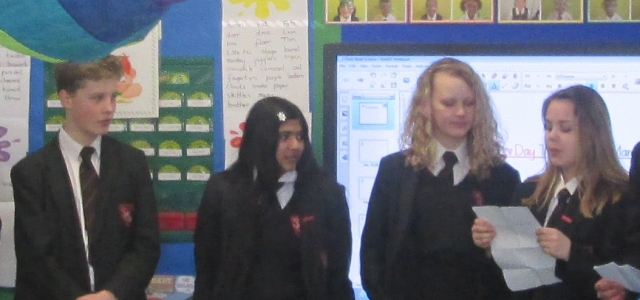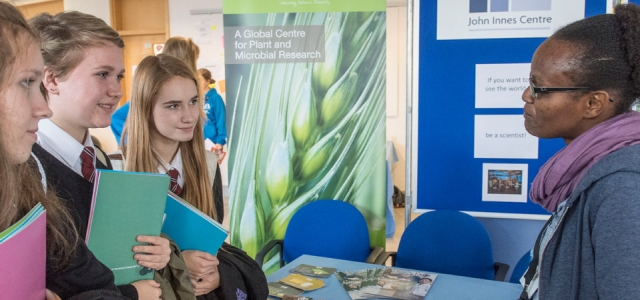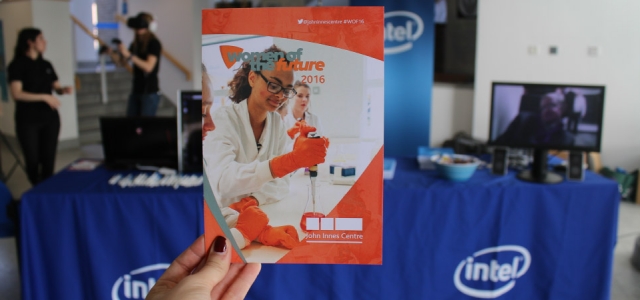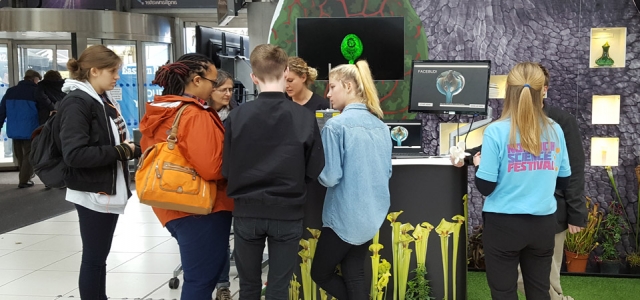Technology has changed the world. In this blog, Phoebe and George explore the pros and cons of these changes and what a job in technology is like today. From the first telephone to the World Wide Web, industrial science has been a key turning point in humankind’s development and has helped shape society as we know it.
On the 24th of May, we interviewed the Chief Information Officer of Pilgrims Europe Ltd, Wayne Fairhurst, who took us through a day in his job as a technology professional and how computer science has developed in his career. We asked Wayne 12 insightful questions to grasp a true understanding of what it takes to become successful in the line of technology. We asked about his personal opinion on Artificial Intelligence and asked him to provide a broad overview of his role in the computer-based profession.
What does your job involve?
“My job involves me working with my team and business to deliver, through technology, benefits to the business so we can help the business to run, grow and transform.”
Wayne’s job is to ensure operations run smoothly, to support the business in its aspirations to grow, and enable the business to transform by becoming more efficient and competitive.
What challenges have you faced throughout your career?
We have had many, many challenges from different areas. With people, a common challenge we face is resistance, especially if people don’t like change. Some people might not have an optimal process or way of working, and that can also create challenges. Technology can be superb and a dream to work with, but it can sometimes also be very painful and difficult.”
Wayne highlights that technology can have both positive and negative points, even as someone who works with it. He also mentions without good data, you will only ever have bad outcomes which can be challenging in itself.
What places does your job take you?
“I am very lucky to work in a global organisation. I used to work in parts of Denmark, and have been to France, Germany, and Barcelona quite recently. I have been to headquarters in Colorado and this summer, I am going to visit and check on the business there. Also this November, I am heading to Brazil to see our parent company.”
Wayne reveals technology can take us anywhere and if you like travel, this field might be right for you.
What qualifications did you need?
“I was very fortunate in the sense that I grew with my job. If I were applying for my job now, I would probably need a university degree in a computer related topic. Quite a lot of companies are moving away from just asking for qualifications, they will also ask for a certain level of experience in a role.”
Wayne explains that if he were to apply for another job, although he does not have a university degree, he could still have a high chance of being employed due to his level of experience.
Who or what is your inspiration?
“My inspiration is a combination of who and what. I have big respect and am inspired by authentic leaders. When I say authentic, I mean someone who is fair, sincere, and got to where they are today by treating people respectfully.
How long have you been at your job?
“I have recently reached 30 years of service.”
What skills are needed in your line of work?
“Technical skills aren’t as important as they used to be for me to perform in my role. Employers now look for skills that involve communication and people that have good explanation skills. It is important to be able to explain new technologies to business leaders who may be unsure about the benefits of what we [or the technology] can do. Another key part is the relationship between you and your partners. This could help secure investments, allowing the business to remove its old technology and/or expand to wider areas.”
What is the best part of your job?
“The best part of my job is the part that I least expected I would enjoy and actually it is people. My favourite part of my job now is seeing people grow and develop, helping them to progress in their careers.”
This demonstrates the importance of collaboration within the workplace, even for careers within technology.
What did you study at school?
“I was the last year to do O levels before GCSE, and my main areas of study were based on the life sciences. I started a degree in pharmacology, but I only spent a year doing it because I realised if I carried on, it would probably take me into research or teaching, and these are the two things I didn’t want to do.”
Why this job?
“This job is purely by chance. I started my career in food manufacturing working part time to earn some cash while I figured out what I wanted to do. I then realised how dynamic the food industry is. The food industry is classified as Fast Moving Consumer Goods (FMCG). What I love about my job is that it is highly dynamic; no two days are the same and you never know what is going to happen in the company. It is constantly changing and evolving.”
What has been the biggest visible development in technology throughout your career?
“For me, the biggest change and development has to be the Internet. It has changed the way we think and everything we have now partly revolves around the Internet. Everything from online trading to the cloud software, it all was made possible by the Internet. Growing a business became easier and so did communication.
Is technology so advanced that it could stunt evolution and pose a threat to humankind?
“My take on this is, people will sit within two camps: annihilation and augmentation. In the annihilation camp you have people like Elon musk and other technology leaders that believe that technology could become so advanced it could replace us. The other camp is around augmentation, I sit in that camp. I and a lot of leaders believe that Artificial Intelligence helps us do our jobs and perform our lives better. The reason Elon Musk and others believe that technology could pose a threat is because it could if misused or if there aren’t guard rails around it.”
Wayne suggests that with the right measures put in place, technology will not be dangerous and harm humankind.
Technology is a vital resource, proving itself very helpful now and in the future. Although it is a crucial part of today’s society, we still need to be cautious of the dangers it could pose. After all, technology can be hacked and manipulated which could result in a global catastrophe. However, without technology it is likely we would not have the same education, opportunities, or medical development which many of us use and take for granted daily.
In conclusion, technology is a major part of our society and can prove extremely helpful if used correctly. Thank you to Wayne Fairhurst for giving us his time for the interview, and his contributions to the blog. Pilgrims Ltd (the company where Mr Fairhurst works) is aiming to be net zero by 2030 and across its entire supply chain by 2035, increasing the chance of a better tomorrow.





